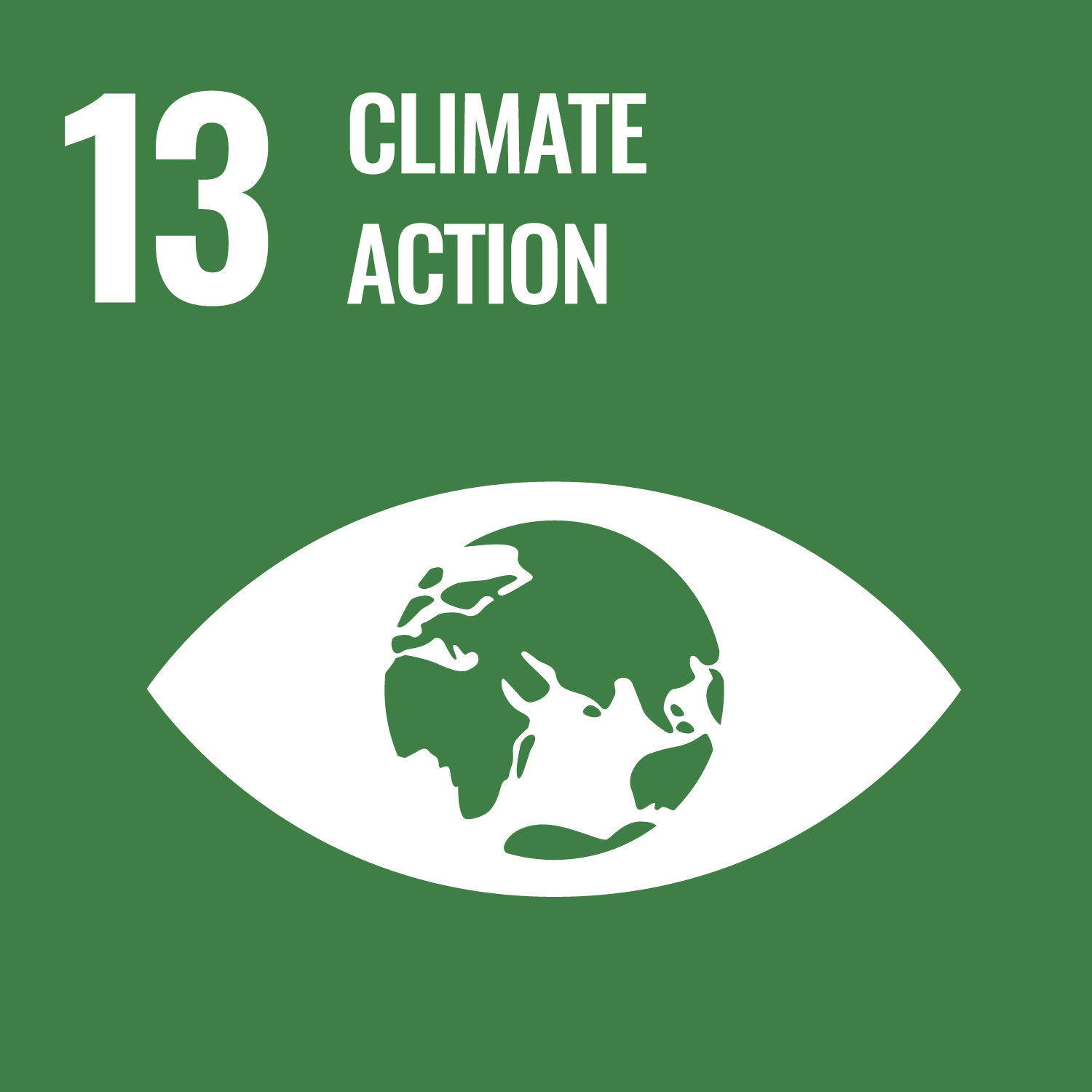Catalytical funding to improve African youth employability
Aligned SDGs



- Catalytical funding to improve African youth employability
- General overview
- Intervention
- Location
- Last data update
- Spreadsheet of data
- Catalytical funding to improve African youth employability
- General overview
- Intervention
- Location
- Last data update
- Spreadsheet of data
General overview
Stage of development: Final negotiations
Policy sectors: Employment and private sector development / Education / Environment and climate change
Type of instrument: Social Impact Incentives (SIINC)
Delivery locations: Benin / Burkina Faso / Côte d'Ivoire / Cameroon / Ghana / Guinea / Mali / Niger / Senegal / Togo
Country classification: Low-income / Lower-middle-income
Intervention
Social or environmental challenge
By 2050, demographic shifts and improved graduation rates at lower education tiers will lead to a significant upswing in the count of post-secondary education including TVET (Technical and Vocational Education and Training) students. 450 million young women and men will enter the African job market by 2050. The African demographic dividend represents an unprecedented challenge, calling for a massive mobilization to educate, train and prepare young people, especially girls, for as many skilled and relevant jobs as possible. Nonetheless, these initiatives continue to face challenges. These issues have the potential to impede the efficacy of these programs and their capacity to effectively transition students into the workforce. As such, linking payment to results will help create incentives for TVET centers to design their programs in a way that meets the demands of the market and supports students' entry into employment and sustaining jobs.
Description of the intervention
Investisseurs & Partenaires (I&P) an impact investment fund, launched an innovative education initiative in 2021. I&P Education to Employment (IP2E) is a $12-million facility aiming at improving African youth employability, through better access to quality and relevant education and training. The program supports post-secondary education institutions through grants and technical assistance in 5 African countries: Burkina-Faso, Ivory Coast, Ghana, Senegal and Togo.
This concept has been successfully tested over the past 2 years while supporting 30 companies and reaching over 200,000 beneficiaries o/w 57% of women learners, and about 3,500 jobs created/maintained. The program track record has highlighted a high market potential in terms of funding tools. Indeed, the current program's tools and thematic are addressing impact objectives that are not fully tailored to the companies' priority needs.
To achieve greater social and economic impacts, the program is seeking to expand its range of funding tools (outcome grand funding, Technical assistance) to impact-linked loan and expanding the geographical scope (adding Cameroon, Benin, Togo, and Sahel region); while addressing 3 key pillars: Employability of African Youth through access to quality education, Social Inclusion of vulnerable youth: BoP, women, disabled people, Financial Sustainability of SMEs with tailored funding tools.
Location
Country:
- Côte d'Ivoire
- Mali
- Ghana
- Togo
- Senegal
- Guinea
- Niger
- Benin
- Burkina Faso
- Cameroon
Locality:
- Benin
- Burkina Faso
- Côte d'Ivoire
- Cameroon
- Ghana
- Guinea
- Mali
- Niger
- Senegal
- Togo
Last data update
Data for this pipeline project was last updated in August 2023
You might have noticed that some pipeline projects have more data than others. This is because organisations can share as much data as they want with the INDIGO initiative. If you have more data on one of these pipeline projects and would like to share with us, please get in touch at indigo@bsg.ox.ac.uk. Our full list of variables and data definitions can be found here.
Spreadsheet of data
Important Notice and Disclaimer on INDIGO Data
INDIGO data are shared for research and policy analysis purposes. INDIGO data can be used to support a range of insights, for example, to understand the social outcomes that projects aim to improve, the network of organisations across projects, trends, scales, timelines and summary information. The collaborative system by which we collect, process, and share data is designed to advance data-sharing norms, harmonise data definitions and improve data use. These data are NOT shared for auditing, investment, or legal purposes. Please independently verify any data that you might use in decision making. We provide no guarantees or assurances as to the quality of these data. Data may be inaccurate, incomplete, inconsistent, and/or not current for various reasons: INDIGO is a collaborative and iterative initiative that mostly relies on projects all over the world volunteering to share their data. We have a system for processing information and try to attribute data to named sources, but we do not audit, cross-check, or verify all information provided to us. It takes time and resources to share data, which may not have been included in a project’s budget. Many of the projects are ongoing and timely updates may not be available. Different people may have different interpretations of data items and definitions. Even when data are high quality, interpretation or generalisation to different contexts may not be possible and/or requires additional information and/or expertise. Help us improve our data quality: email us at indigo@bsg.ox.ac.uk if you have data on new projects, changes or performance updates on current projects, clarifications or corrections on our data, and/or confidentiality or sensitivity notices. Please also give input via the INDIGO Data Definitions Improvement Tool and INDIGO Feedback Questionnaire.